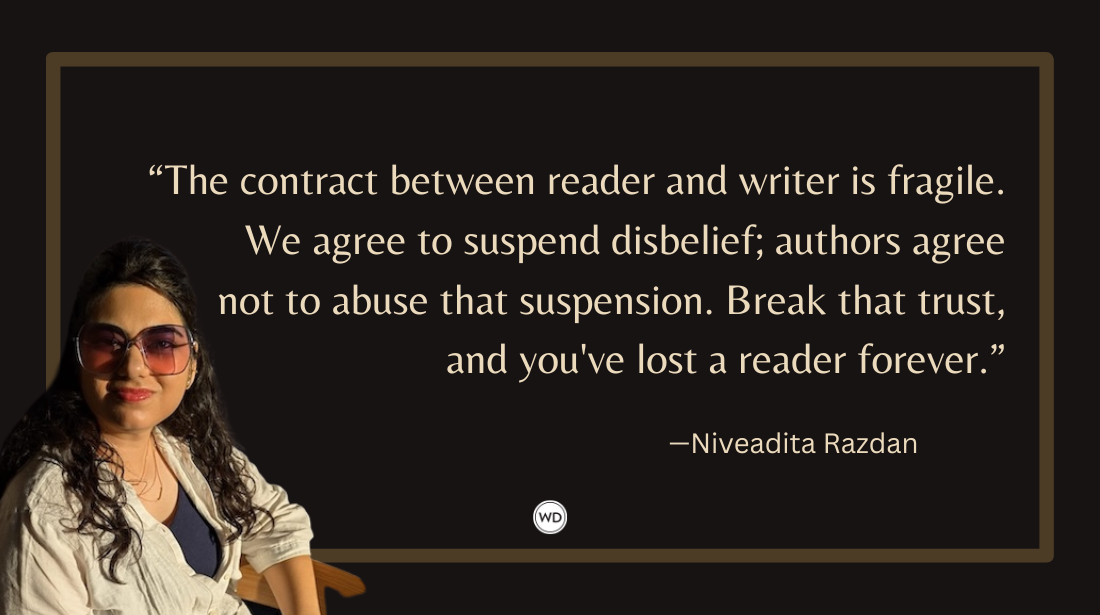Pore Over vs. Pour Over (Grammar Rules)
Let’s look at the differences between the phrases pore over and pour over with Grammar Rules from the Writer’s Digest editors, including a few examples of correct usages.
This week, let's look at two phrases that sound the same but have different meanings. One phrase means to study intensely, while the other has to do with causing a stream (usually out of a container).
So let's look at the differences between pore over and pour over and when to use each.
Pore Over vs. Pour Over
Pore over means to stare or study something intensely. As such, someone might pore over their books to prepare for a test.
Pour over, on the other hand, refers to creating a stream, usually from a container of some sort. For instance, a person may pour water over their face. It can also refer to other connotations of streams, including emotions. In this case, someone may feel happiness or anger pour over them.
Make sense?
Here are a few examples of pore over and pour over:
Correct: She's the type who loves to pore over a pile of books instead of going out.
Incorrect: She's the type who loves to pour over a pile of books instead of going out.
Correct: He prefers his gravy to pour over all the food on his plate.
Incorrect: He prefers his gravy to pore over all the food on his plate.
Most times I try to devise some sort of trick to tell the words/phrases apart, but I'm having trouble with this one. So you have an open invitation to suggest one in the comments below to help your fellow writers.
*****
No matter what type of writing you do, mastering the fundamentals of grammar and mechanics is an important first step to having a successful writing career.
Robert Lee Brewer is Senior Editor of Writer's Digest, which includes managing the content on WritersDigest.com and programming virtual conferences. He's the author of 40 Plot Twist Prompts for Writers: Writing Ideas for Bending Stories in New Directions, The Complete Guide of Poetic Forms: 100+ Poetic Form Definitions and Examples for Poets, Poem-a-Day: 365 Poetry Writing Prompts for a Year of Poeming, and more. Also, he's the editor of Writer's Market, Poet's Market, and Guide to Literary Agents. Follow him on Twitter @robertleebrewer.








